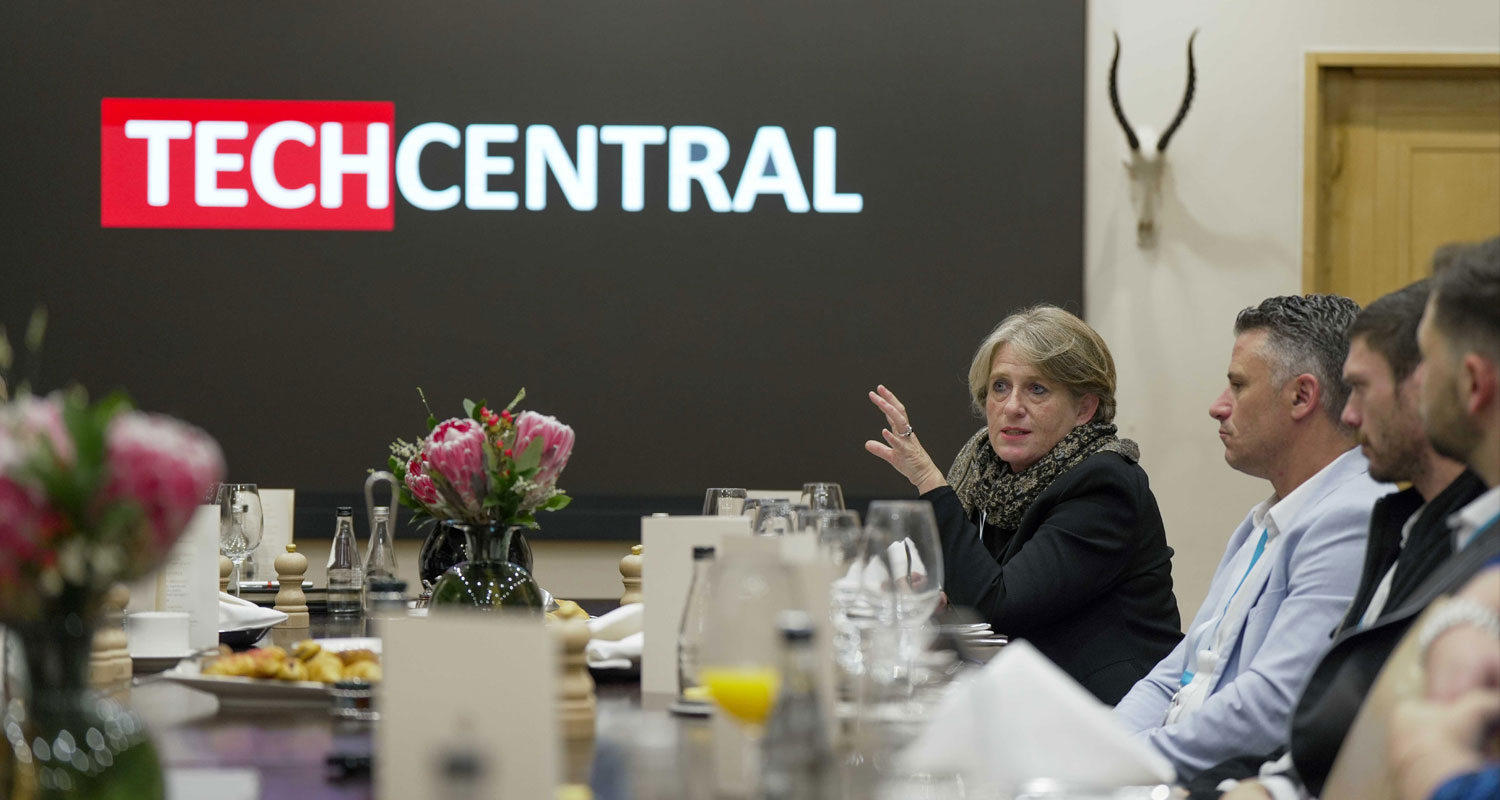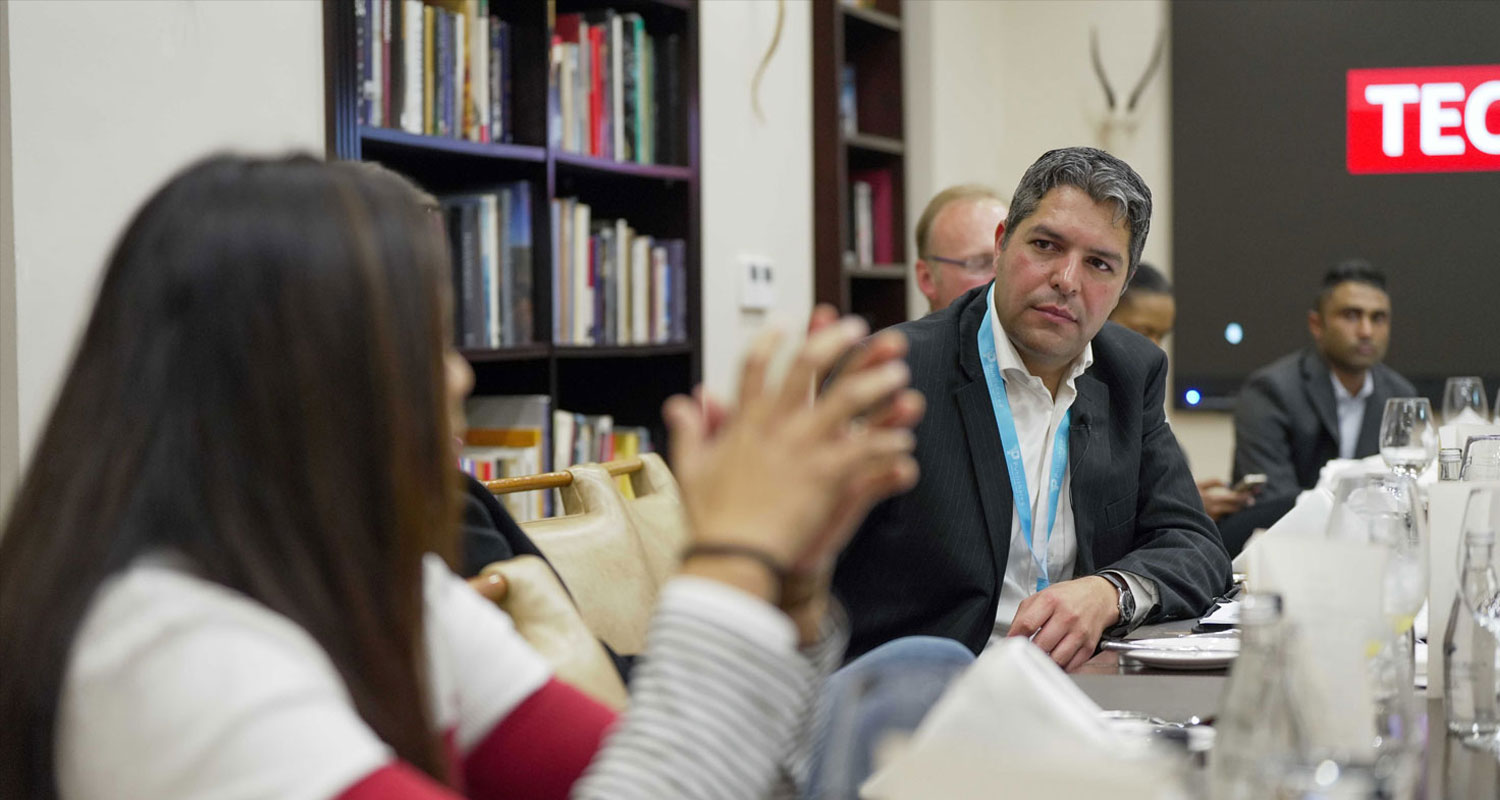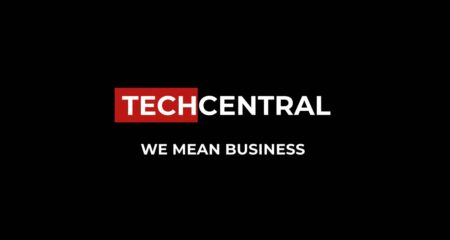
With phrases like “digital transformation” and “migration to the cloud” so common as to be almost hackneyed, what are some of the persistent challenges facing South African organisations actually trying to engage with cloud technology?
What follows is a summary of C-suite executive opinions from a recent TechCentral roundtable featuring some of South Africa’s foremost financial services, communications and technology companies. They discussed the opportunities and obstacles created by cloud technology — especially regarding customer service.
Covid-19 forced South African CIOs to make difficult compromises. Many discovered the art of the possible as a necessary by-product of social distancing regulations and the remote working arrangements they entailed.
The massive conundrum, or course, was that at a time when human contact was curtailed, customer insecurities and service needs spiked uncontrollably.
Virtual, cloud-based customer service based on cloud technology provided a quick fix. With the waning of the pandemic, companies can and must look at more sustainable and secure ways of managing remote workforces and meeting customer needs.
Herding clouds
While Covid was wreaking havoc, at the back of CIOs’ minds must have been the quiet realisation that security breaches and regulatory requirements like South Africa’s Popia legislation and Europe’s GDPR weren’t going away. If anything, Covid heightened the data security threat.
In December 2021, Nomzamo Zondi, spokeswoman of the Information Regulator, was quoted as saying that Covid-19 led to increased online activities, with cyberattacks increasing as a result.
People working from home do not enjoy the same level of inherent protection/deterrent measures from a working environment. Contact centres were a prime candidate for remote or hybrid work. Managing the complexity of a remote workforce combined with load shedding, migration to cloud and “digital transformation” is like herding cats at the best of times. The pandemic made it like herding wisps of cloud into a specific patch of sky. What are the ongoing challenges companies face, and how could they be met?
From the mouths of cloud herders
When we asked technology leaders how they see the challenges of addressing business pain points in the customer contact space using cloud technology, they came up with some very specific ideas on how to address concerns, and which challenges were front of mind.
The importance of high-touch, high-tech relationships that leverage data to understand and make the customer feel valued was a major challenge raised by the table of experts. In response to the challenge, they underscored the need to improve customer experiences by emphasising customer empowerment and convenience through self-service and increased control of interactions and transactions. Simultaneously, the importance of balancing autonomy with proactive service is vital. Technology should not be onerous for the customer, nor should people feel like they are doing work that they’re paying a provider for. Technology must support:
- Customer centricity: Without access to the right data at the right time, customers will experience the same frustrations as always. Business/IT silos shouldn’t be their problem — and seamless, API-based integration between systems should be a given.
- Scalable agility: The right technology allows big business to scale capacity up and down as required. Companies can execute new tactical manoeuvres on the fly to reflect a changing landscape and strategy. Speed to market is vital, and agile technology enables that pace of change without sacrificing efficiency and incurring unnecessary capital expenditure. Robotic process automation is particularly relevant in this context for some industries.
- Improved decision making: Open APIs and fewer silos mean better access to data, which can improve customer centricity and should inform tactical shifts, and strategic C-level decision making.
One of the larger organisations represented at the roundtable is already transforming its contact centre by employing virtual agents (VAs) in the form of chatbots. The VAs handle the most mundane queries, freeing up human agents to handle more complex problems — thereby improving time to resolution and increasing customer satisfaction.
 Leadership cloud challenges
Leadership cloud challenges
The value of cloud was made apparent during Covid-19, and leaders recognise that internal organisational demand is also increasing. With insufficient capacity to service the increasing demands of business, they see the value of the cloud — but some challenges remain:
- Buy-in: Whether it’s customer centricity or scalable agility of decision making, the biggest overall challenge faced by those at the roundtable is leadership buy-in.
- Dual costs: During the transition phase, the cost of running cloud environments in parallel to legacy systems continues to be a challenge and is slowing adoption.
- Governance: Cloud governance remains a cause for concern. Data privacy and security are vital to trust, and without trust cloud adoption is impossible. Industries’ business and technology regulatory requirements are a given and have to be adhered to.
- Build versus buy: This point prompted a robust conversation at the roundtable, with the majority view being that differentiation requires building your own cloud infrastructure, and buying or renting being more appropriate for commoditised solutions.
It remains a significant challenge to manage a distributed workforce without eroding customer service levels. The question has moved beyond whether distributed contact centres can work — Covid took care of that. The question now is how to move customer service into the cloud with minimal cost and disruption and maximal business benefit.
About the roundtable
Pivotal Data and Genesys, in partnership with TechCentral, decided to consult some of South Africa’s most senior business, technology, operations and client engagement leaders at an invitation-only, 15-member roundtable held at the Saxon Hotel’s Dining Library on 22 of June. C-level executives from the country’s largest financial services, communications and technology companies (among others) gathered to discuss the challenges of hybrid ways of working. They explored the opportunities and obstacles that cloud technology creates for enterprise technology leads — and how it all affects the future of customer service.
About the moderator
Nilesh Makan is the founder of Padawan Consulting, where he assists businesses in adopting innovation through “agile” and “design thinking” mindsets and practices. Makan holds an undergraduate degree in IT, an MBA and a postgraduate diploma in innovation and design thinking.
About Pivotal Data
Pivotal Data is a specialist provider of contact centre and enterprise communication solutions. We assist organisations of all sizes by consulting, implementing, maintaining and managing solutions that simplify complexity and create agile, customer-centric organisations. Our solutions provide our customers the ability to make every interaction engaging, insightful and profitable, helping grow businesses and improve competitive market positions. For more, visit pivotaldata.co.za or e-mail Ingrid Green on [email protected].
About TechCentral
TechCentral is South Africa’s leading business-focused technology publication. It is easily South Africa’s largest business-to-business technology news website, producing the country’s best and most insightful online tech news, analysis and opinion aimed at industry professionals and those interested in the fast-changing world of technology.
- This promoted content was paid for by the party concerned




